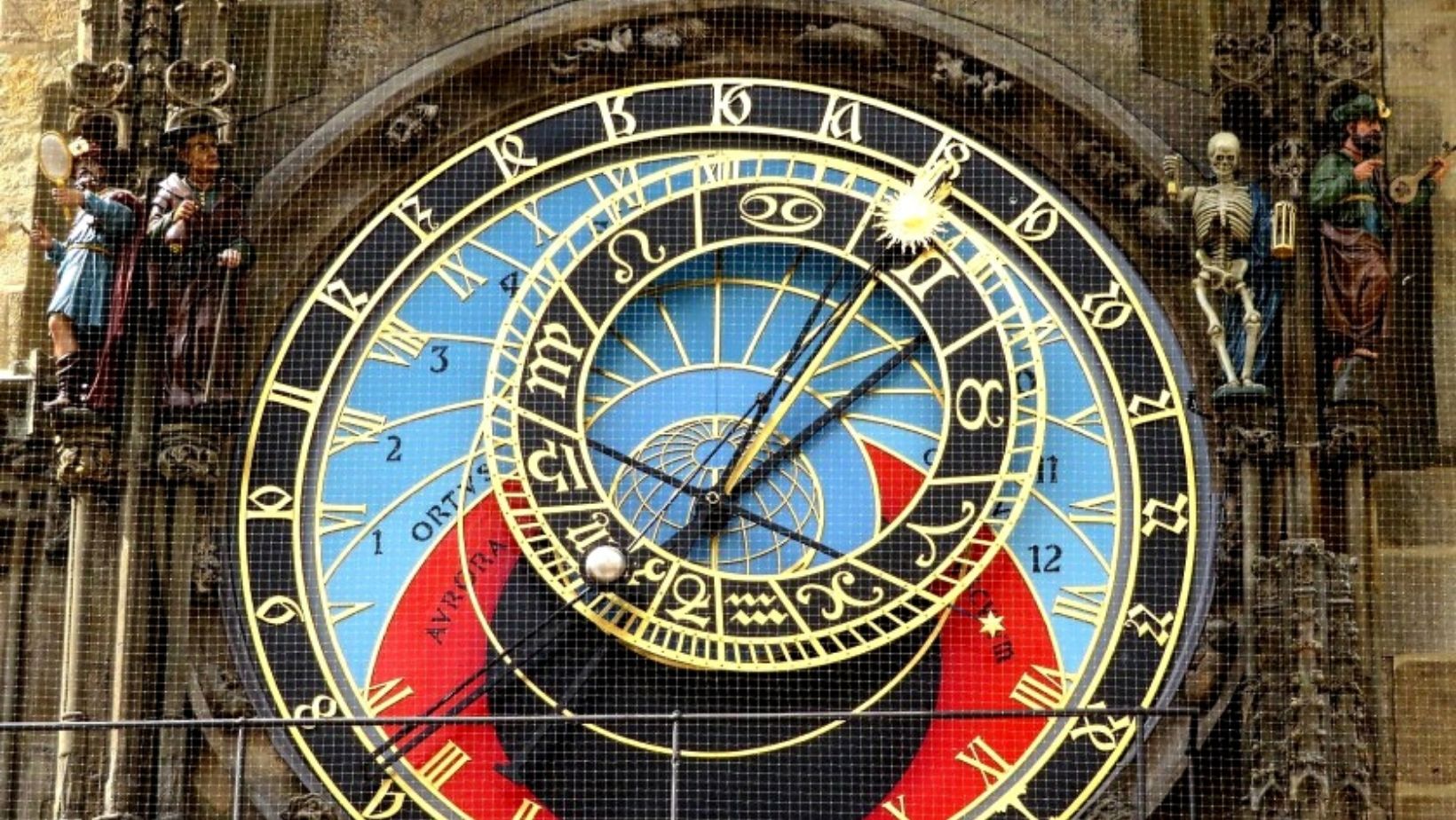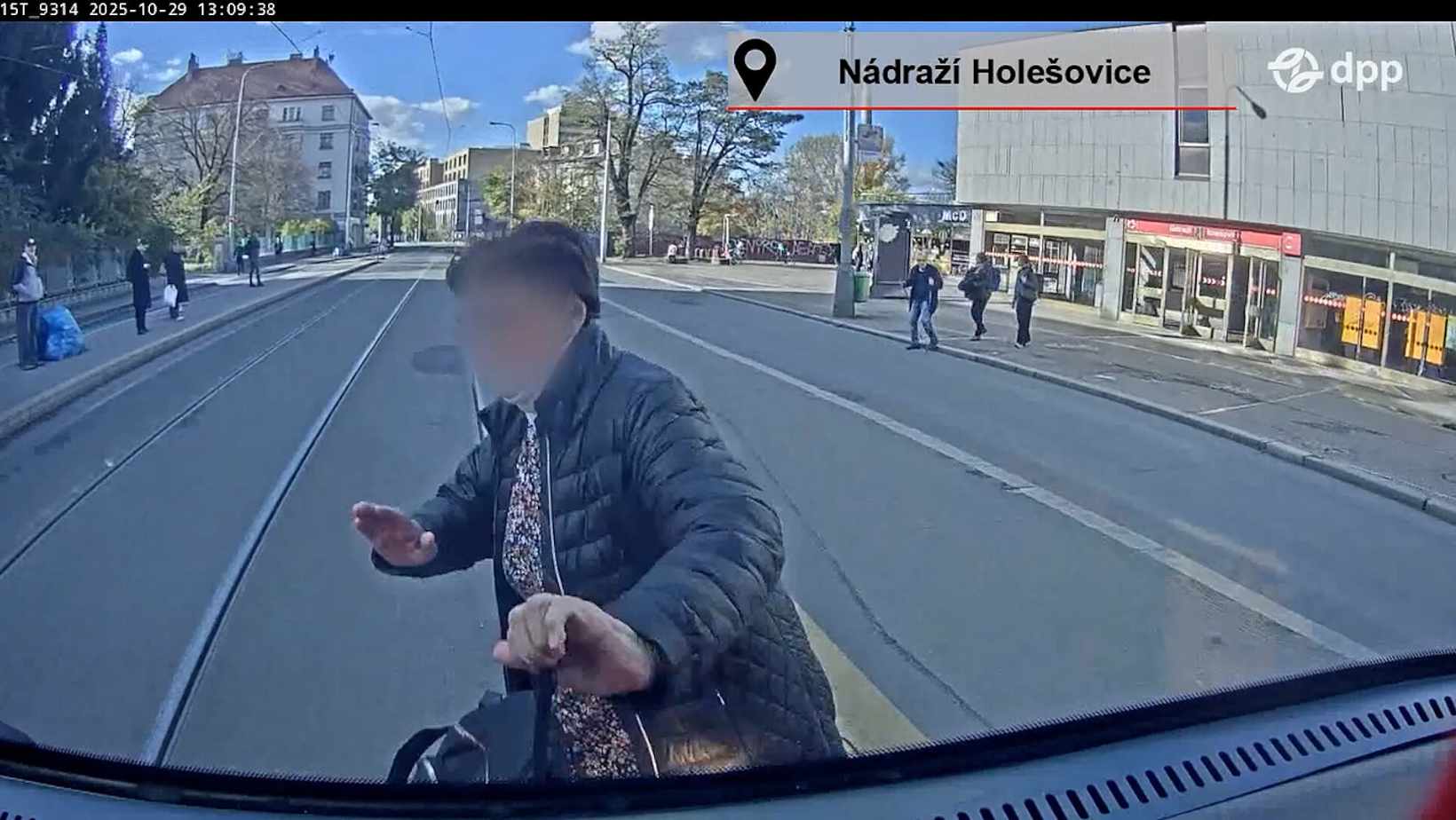On Sunday evening the clocks will go back by one hour, from 3 am to 2 am. Winter time will remain in effect until March 26th, 2022.
Introduced in the late 1970s, the seasonal time change was conceived as an effort to give people brighter days, limit the use of artificial lighting and thus achieve energy savings.
But things have come a long way in 40 years and efforts to drop the practice are brought back into the spotlight each time around.
In September 2018, the European Commission proposed to end the time change in 2019 after a public survey that collected a record number of responses (4.6 million) and which revealed that the majority (84%) of European citizens want to end with that practice.
Even so, the abolition of the time change must be debated and agreed by the two EU co-legislators, the European Parliament and the Council (the Member States), so that it can enter into force.
Already last March, the European Parliament urged to put an end to this practice from 2021, but the Council of the EU has not yet taken a position on the matter.
There is one thing Europe needs to avoid: if the E.U. member states take different decisions, there might be time differences all over the continent.
In theory, it could be 3:00 p.m. in Rome, Prague, Warsaw, Amsterdam, and Madrid while it is 4:00 p.m. in Berlin, Zagreb, Paris, Luxemburg City, and Vienna.
-
NEWSLETTER
Subscribe for our daily news












